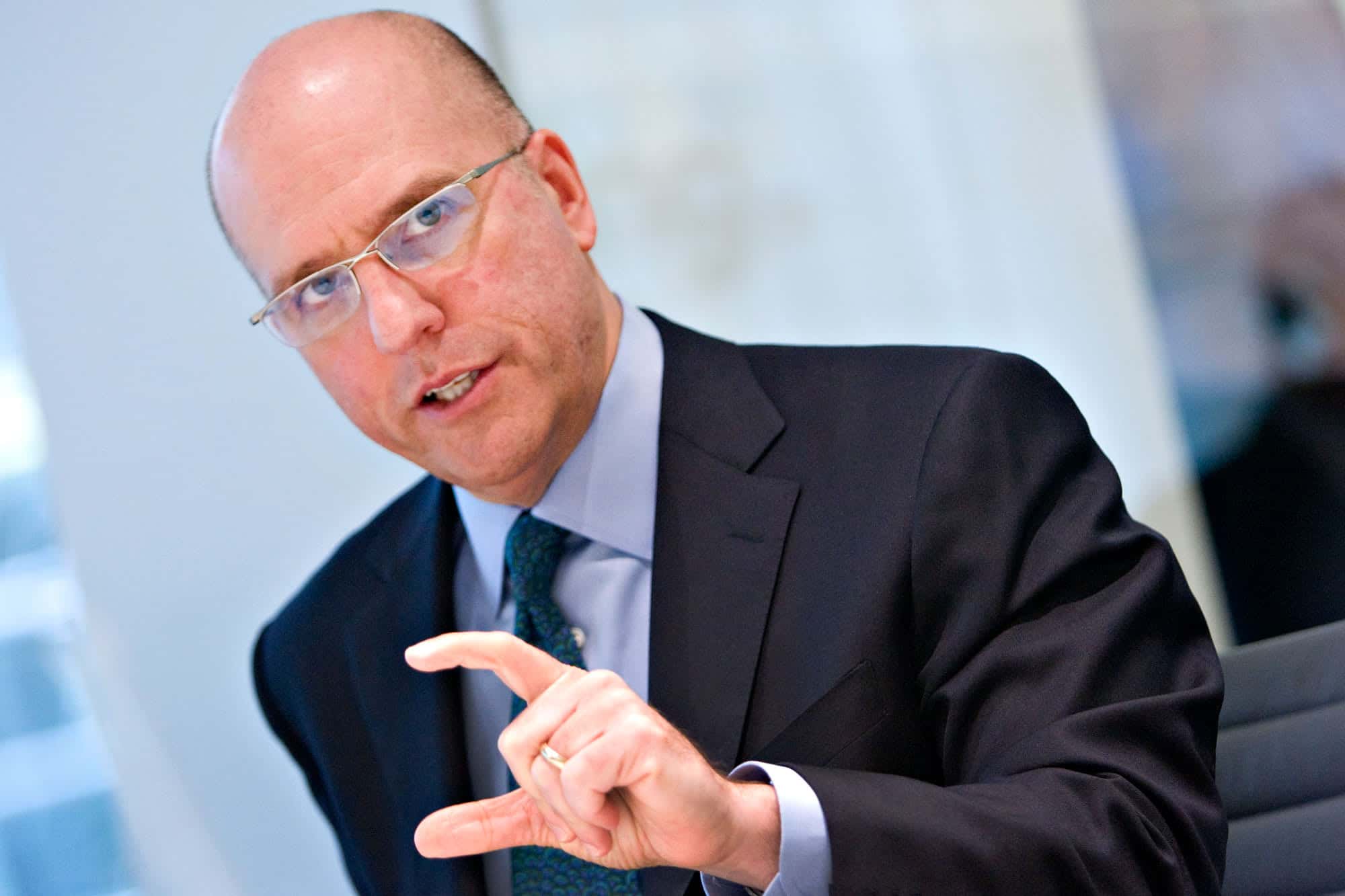Wharton finance professor Jeremy Siegel is calling the end of the 40-year bull market in bonds.
Siegel’s declaration comes as world economies battle the coronavirus pandemic, and the Federal Reserve buys treasurys and mortgage-backed securities to keep the financial markets functioning.
“History has shown that somewhere this liquidity has to come out, and we’re not going to get a free lunch out of this. I think ultimately, it’s going to be the bond holder that’s going to suffer,” he told CNBC’s “Trading Nation” on Tuesday. “That’s certainly not the popular notion right now.”
For now, there’s no inflation.
“Short rates are going to remain very low. The Fed has virtually promised that for a long time,” said Siegel. “But I see a tremendous buildup of liquidity as a result of the measures taken by both the federal government and the Federal Reserve. It’s far more than we ever saw during the financial crisis.”
On Tuesday, the benchmark 10-year Treasury Note yield closed at 0.658%, a 66% plunge so far this year.
He calls the 10-year yield’s plunge under a half percent during the “teeth of the crisis” in early March as the historical low point.
‘I see rates rising continuously’
“Forty years of a bull market in bonds. It’s really hard to turn your head around, and say could this be a turning point? But I think history will say yes,” said Siegel. “I see rates rising continuously over the next several years.”
Coronavirus risks sparked a flight to safety into bonds this year. Paired with massive fiscal and monetary stimulus, Treasury yields fell to record lows.
“They’re [bond holders] are going to be paying for the battle against coronavirus in terms of diminishment of their purchasing power,” he said, alluding to an inflation comeback that he believes will start in 2021.
Siegel, the long-time stock market bull who led 2016′s Dow 20,000 rally cry, took a step back from his optimistic forecast last winter and warned investors the coronavirus would cause havoc.
Now, it’s the bond market grabbing his attention.
“It’s been a long, 40-year bull market in bonds,” Siegel said. “It peaked in 1981 with the 10-year [yield] at 16%. I think we will look back at this as the end of the bull market in bonds.”

